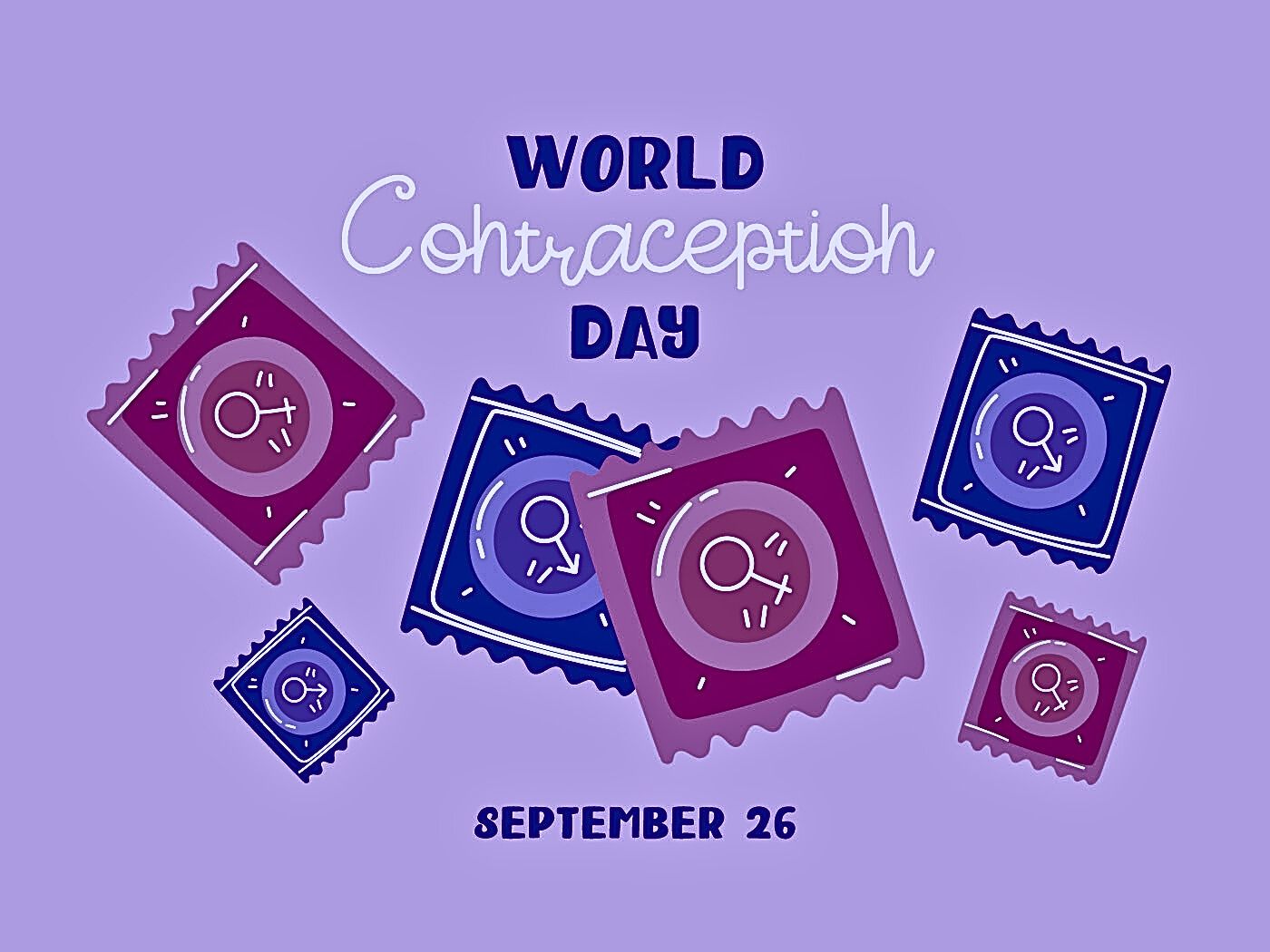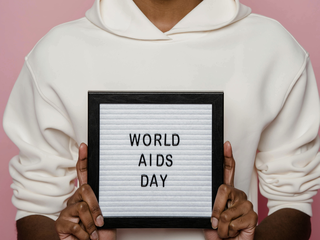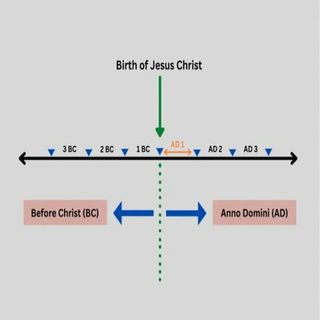- Calendar
- Calendar 2026
- September
- World Contraception Day
World Contraception Day
Observed annually on September 26, World Contraception Day aims to raise awareness and educate the general public about effective contraception methods.
The day highlights the need to access correct information about safe family planning methods to help individuals make informed decisions about their reproductive health and future.
World Contraception Day reminds us that everyone has the right to choose if, when, and why they want to have children, while considering all the options available.
Origin of World Contraception Day
Established in 2007, World Contraception Day is a product created by the collaboration of ten family planning organizations across the world.
The sole aim of this observance is to spread the right knowledge about the different methods of contraceptions.
From the start, the campaign stressed that access to different contraceptive methods is not only a medical issue but also about reproductive rights and personal freedom.
Over the years, the movement gained a lot of traction and now have a lot more stakeholders including non-governmental organizations, government bodies, scientific institutions, medical associations across the globe.
A key moment in shaping World Contraception Day was a statement by the late Dr. Nafis Sadik, former Executive Director of UNFPA, who said, “Healthy families are created by choice, not by chance.”
This phrase has since become tied to the Day’s purpose encouraging voluntary and informed choices in family planning.
What is Contraception?
Contraception, also called birth control, is the use of methods or devices to prevent pregnancy. It helps people decide if and when they want children and can include options like pills, IUDs, condoms, withdrawal, and emergency methods used after unprotected intercourse.
History of Contraception
The concept of contraception has existed for thousands of years with evidence being found in ancient Egyptian medical scriptures like the Ebers Papyrus and Kahun Papyrus.
These texts mentions natural ingredients such as honey, acacia leaves, etc. as pregnancy barriers whereas in ancient Greece and Near East, a herb which is now extinct known as silphium were believed to do the same.
People started depending on herbal methods, withdrawal, folk practice during the Middle Ages in Europe.
Initial versions of condoms started appearing in the 17th century which were made from animal intestines.
In the late 1800s, the modern birth control movement shook the world and more and more people started to become aware.
The Malthusian League in Britain was established in 1877 to initiate family planning and push the government for stricter laws.
The term “birth control” was popularized by an activist called Margaret Sanger in the United States. She aggressively fought against contraceptive bans, and her support in research led to modern hormonal methods.
The 20th century brought major progress in contraception with the creation of modern IUDs, improved barrier methods, and the first birth control pill, Enovid, in the 1960s.
These advances made contraception safer, more effective, and easier to access, giving people more control over their reproductive health.
How to observe World Contraception Day
World Contraception Day can be observed by taking small but meaningful steps. You can start by learning more about the different methods of contraception and understanding how they work.
Talking openly with friends, family, or within your community helps reduce stigma and encourages informed choices.
Supporting awareness campaigns, whether by attending local health programs or sharing reliable information online, is another simple way to contribute.
Visiting a healthcare provider on this day is also helpful, as it gives you a chance to ask questions and receive professional advice.
Most importantly, encourage others to feel comfortable discussing reproductive health so that everyone can make safe and informed decisions.
Some Effective Modern Day Contraceptives
- Birth control pills : Daily pills that use hormones to prevent ovulation and make pregnancy less likely.
- Intrauterine device (IUD): A small device placed in the uterus that provides long-term protection, either hormonal or copper-based.
- Condoms : A barrier method that prevents sperm from reaching the egg and also protects against sexually transmitted infections (STIs).
- Contraceptive implants: A tiny rod inserted under the skin that releases hormones to prevent pregnancy for several years.
- Contraceptive injection: A hormone shot given every few months to stop ovulation.
- Contraceptive patch: A skin patch that releases hormones steadily to prevent pregnancy.
- Vaginal ring: A flexible ring placed inside the vagina that releases hormones for monthly protection.
- Sterilization: A permanent method, such as tubal ligation for women or vasectomy for men, that prevents pregnancy for life.
- Emergency contraception: Pills or an IUD used after unprotected sex to reduce the risk of pregnancy.
Recommended Articles

Other Celebrations
-
Feb 13 Fri
-
Mar 20 Fri
-
Apr 03 Fri
-
Apr 07 Tue
-
Apr 18 Sat
-
Jan 16 Sat

World Contraception Day - Next years
Sunday, 26 September 2027
Tuesday, 26 September 2028
Wednesday, 26 September 2029
2026 Calendars
You may also be interested in











